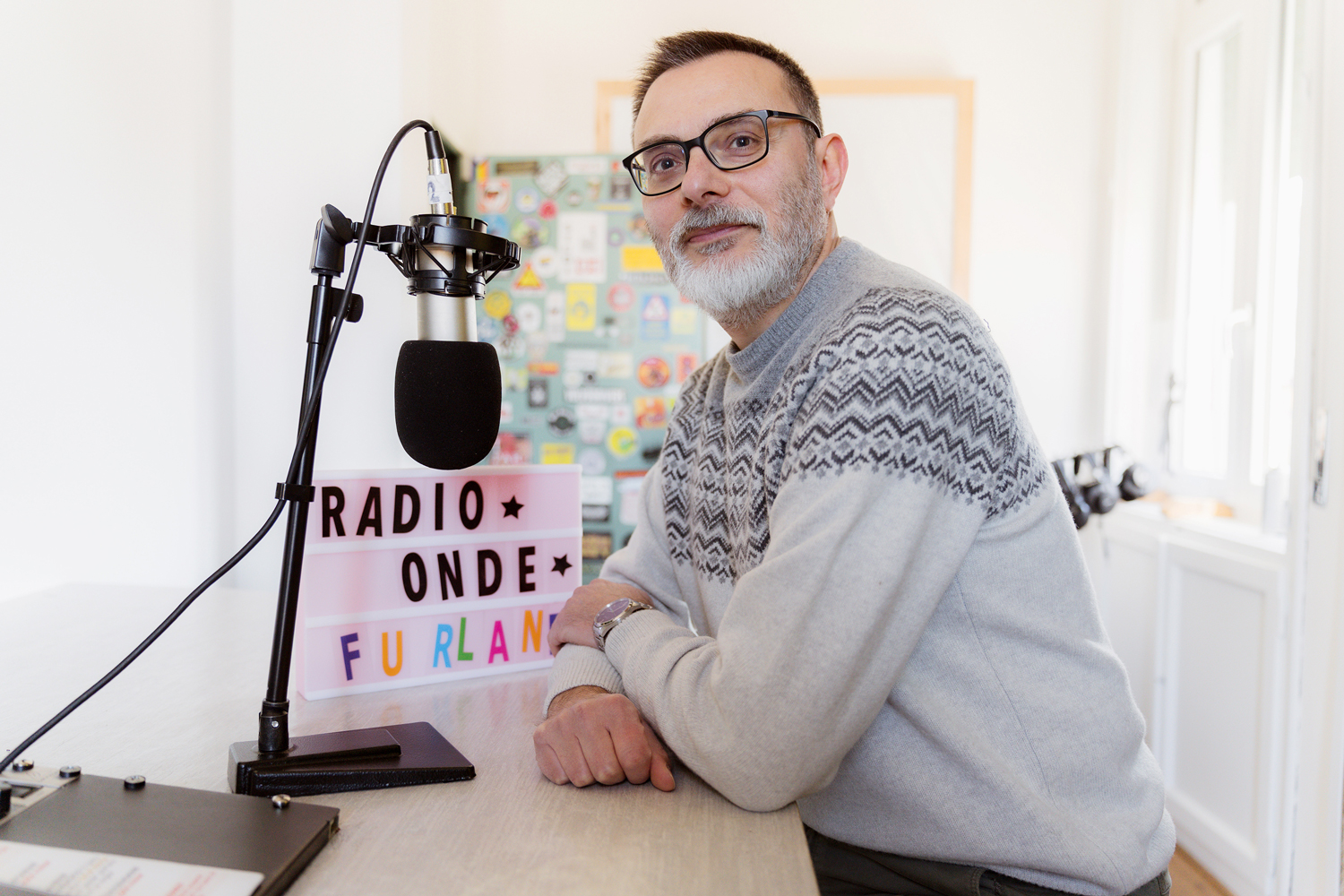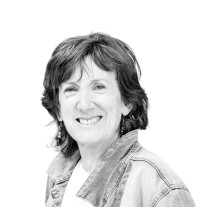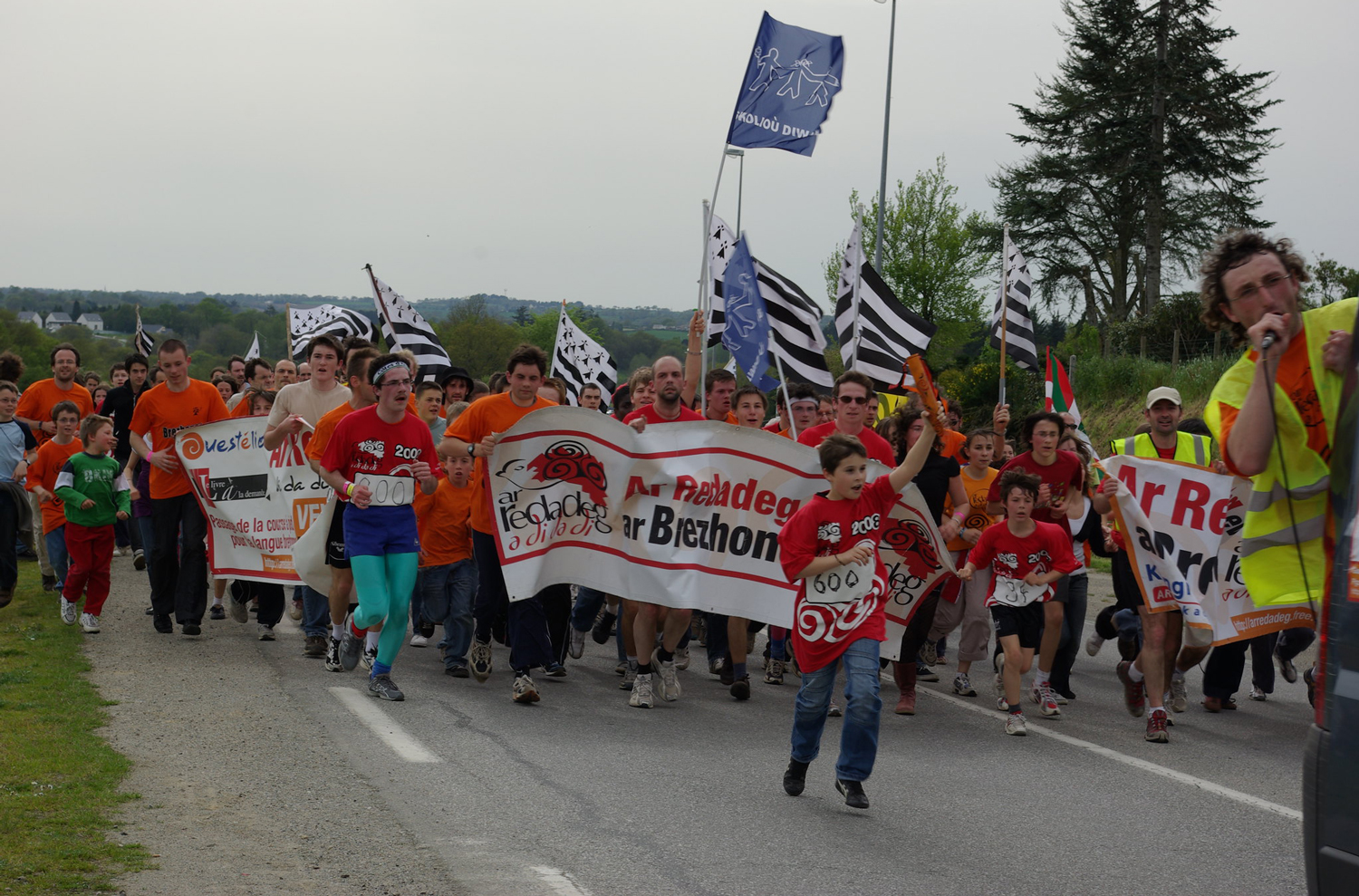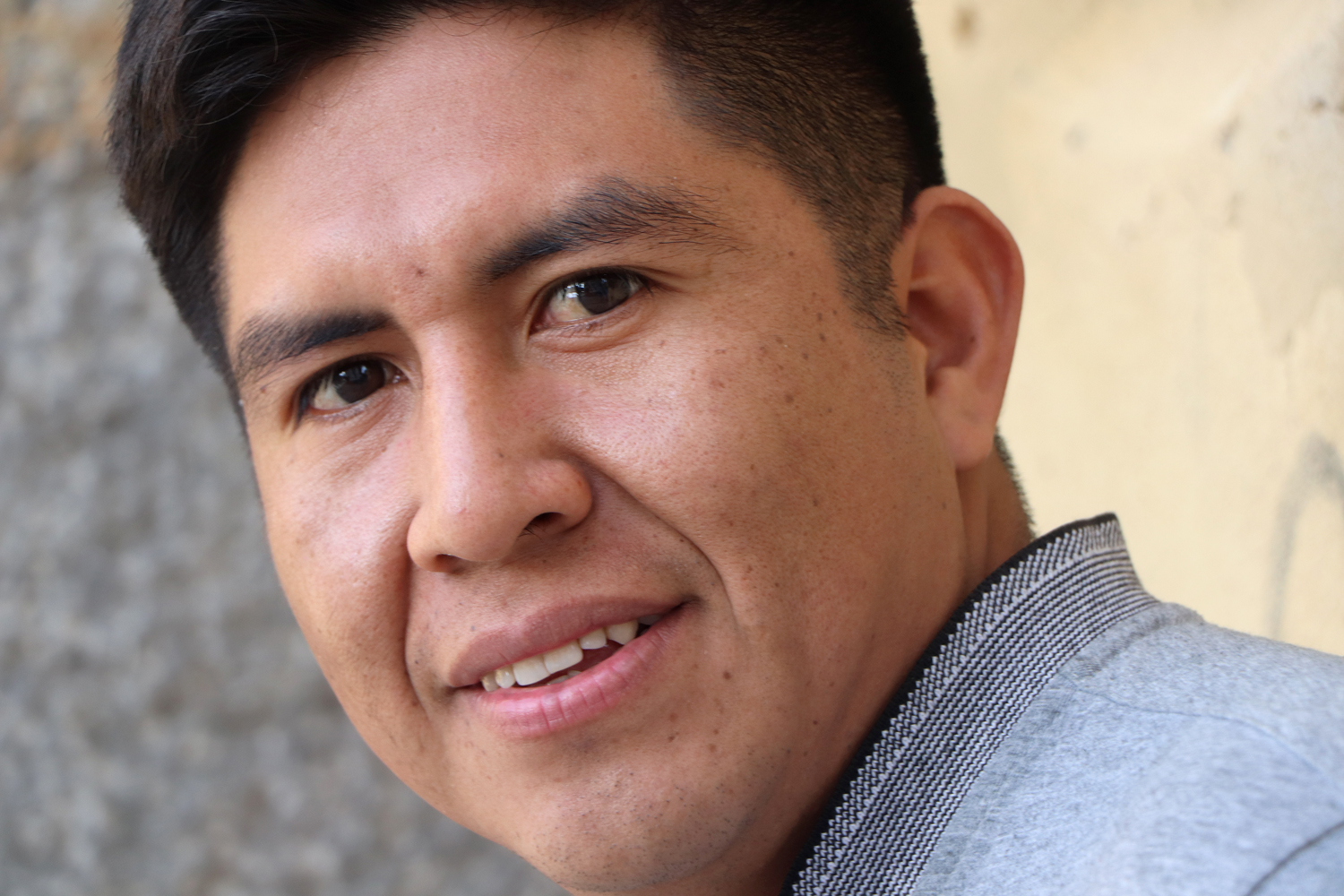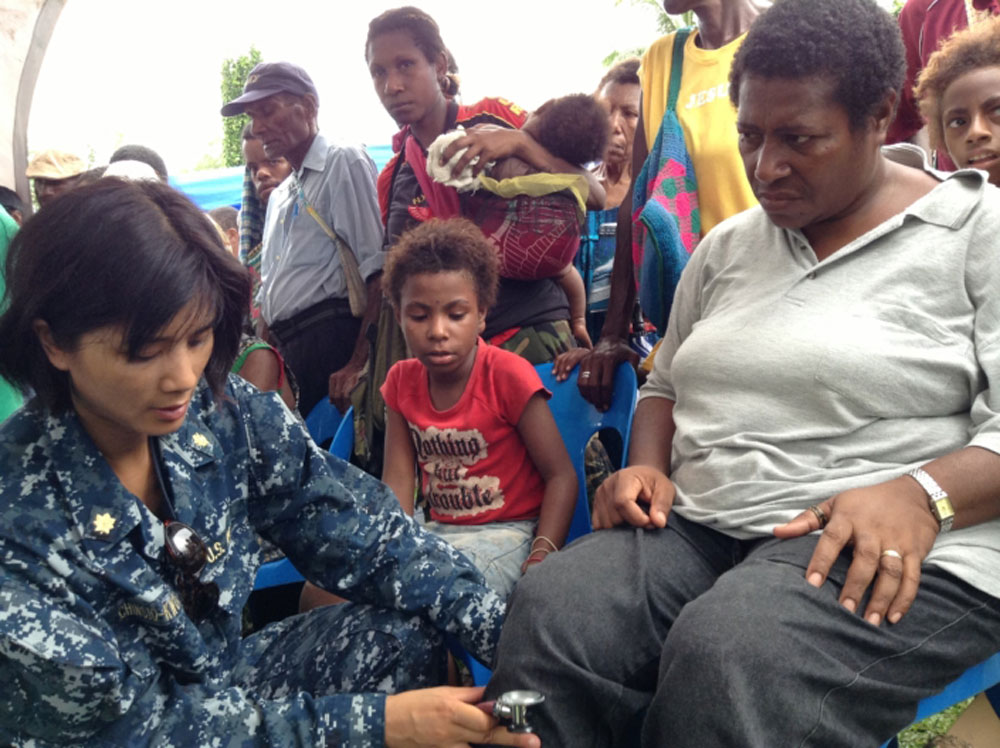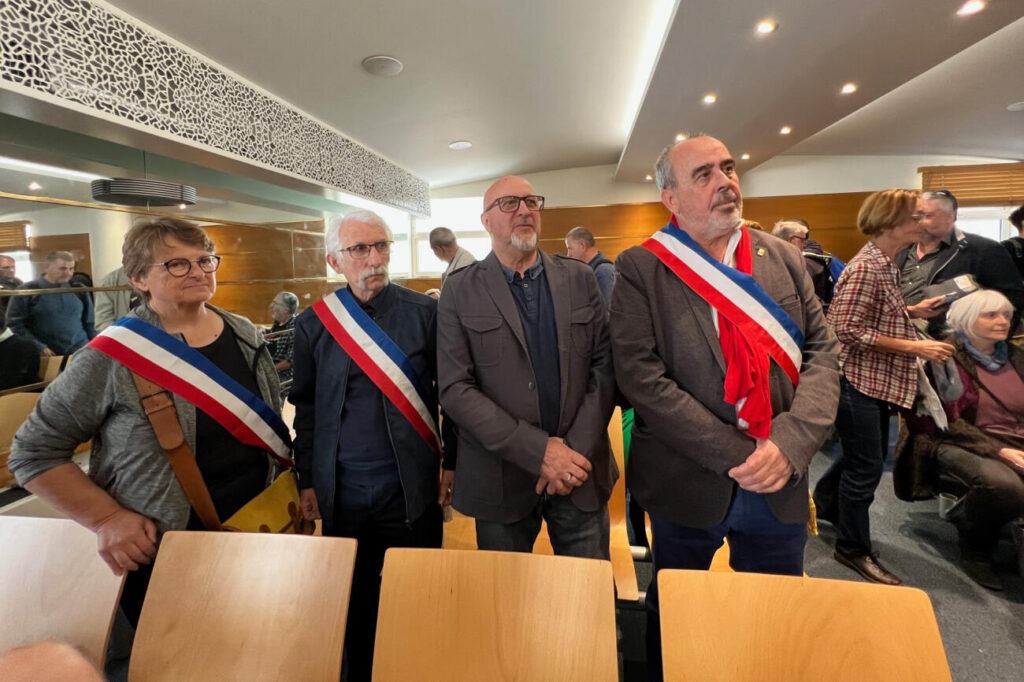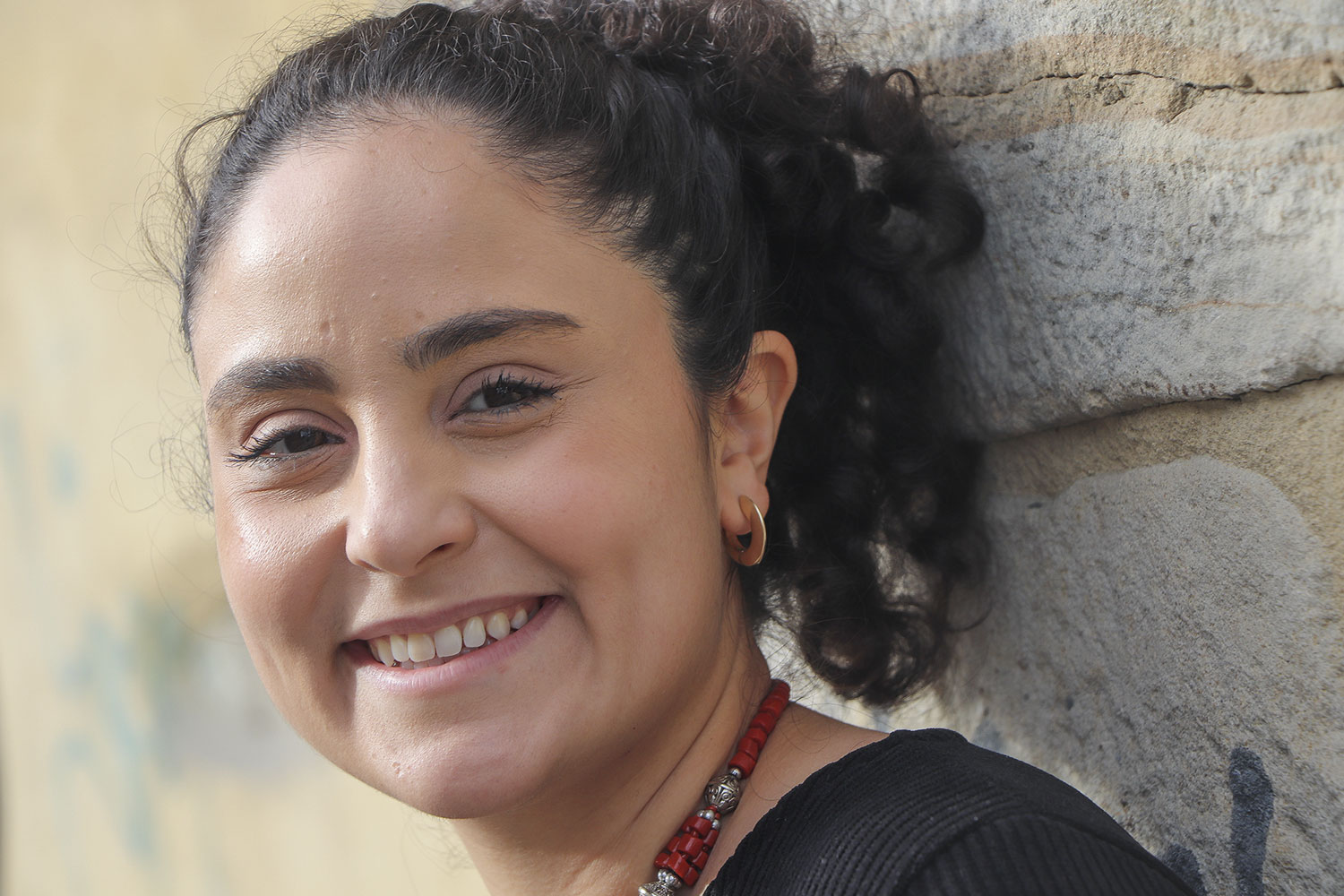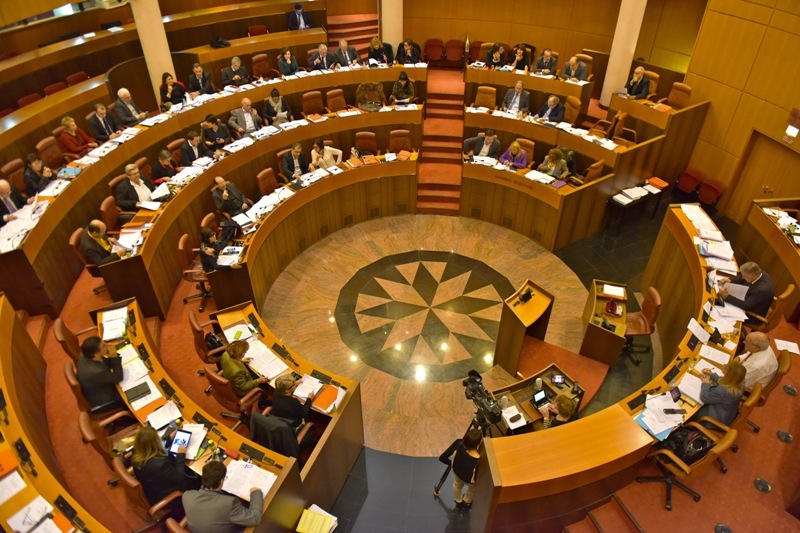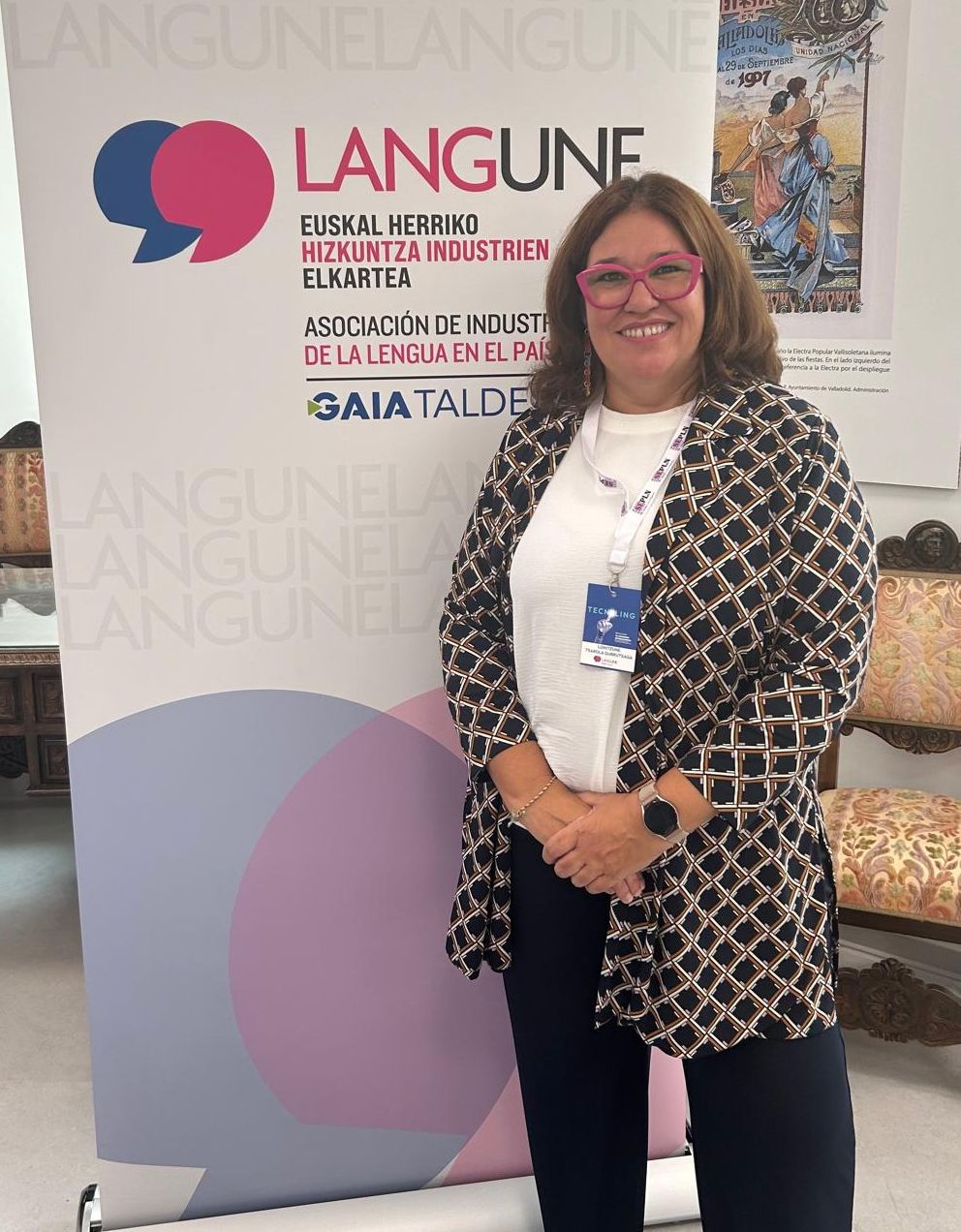"The Kurdish is in the situation where Euskera was in Franco's time in Turkey"
- Kurdish linguist Suna Altun takes part for the second time in the Expert Course on Strategies for the Revitalization of the Language organized by Garabide in Huhez (Aduán, 1985). The lessons that have been learned five years ago have not had much chance of being realised, as in the last three years the Turkish Government has unravelled all the initiatives launched between 2013 and 2015 to revive the Kurdish.
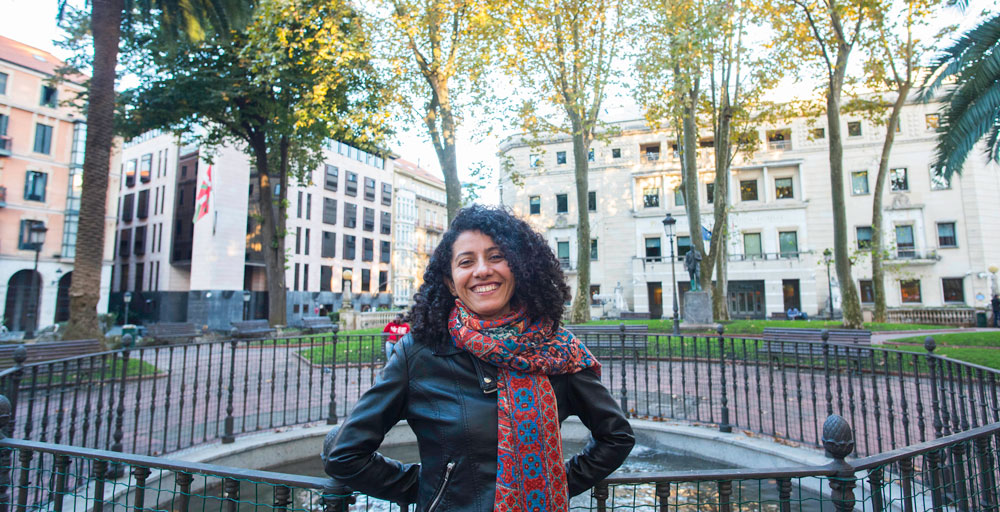
How did you start with the Kurdish?
In Istanbul, when I was in the second year of college, Turkey was trying to join the European Union and had to adopt some reforms, including legalising the teaching of the Kurdish. The Kurdish Institute in Istanbul started teaching and I signed up. I wanted to alphabetize, learn to read and write. Later, training was started as a teacher, but after the years and a half the academy was closed.
Do you have the Kurdish mother tongue?
Yes, but I don't remember what language I first learned, Turkish or Kurdish. We are six brothers and the older brothers learned Turkish at school. Her mother struggled to learn Turkish before going to school. We lived with grandma, she didn't know Turkish. I always spoke Turkish with my father, because as a teacher, he was more formal. Today, however, we speak much more about the Kurdish in our family.
Is a lot done in Kurdish?In Adiyama
it is widely assimilated, so many do not consider it a Kurdish city. Intra-family transmission has fallen a lot, many older people are talking, but they are opposed to talking to boys and girls. When they see their sister speaking in Kurdish with their children, they criticize him “why he does that to them.”
The transmission of the Kurdish is related to the mother tongue. How do you see it from a gender point of view?
The issue is complicated. There is a perspective that gives women the role and responsibility of the transmission of language. On the contrary, when women are in all areas of life, this responsibility is shared. The Kurdistan woman is usually the transmitter, but due to the division of gender roles. Women have an important role, but the responsibility for language loss cannot be established only in women. In our case, it is curious how the process of loss of language has affected women. For example, a study reveals that most schooled Kurdish women are today monolingual in Turkish, while those who did not go to school are now monolingual in Kurdish.

Schooling has therefore meant the advancement of women but the loss of the Kurdish.
Yes, and that is related to the role of women in society. The Turkish oppresses the Kurdish, but also the woman, the Turkish or the Kurdish. For many women, the only solution to this oppression is to study to achieve economic sovereignty, to be independent. This necessarily implies a move to Turkish. It is not that the Kurdish is a language of pressure, but on that road the Kurdish is lost, because studies are not in Kurdish.
You are Alevia. What characteristics does your community have?
We are a minority in Turkey about some religions or beliefs. There are Kurdish Alevi and Turkish Alevi. Some say that we are Muslims, because alevism has its own characteristics of Islam, but others do not. I also don’t think we are Muslims, because we don’t have mosques, in our cems men and women pray together, we dance and sing, we don’t pray five times a day, we don’t pray, women don’t get covered by religion, alcohol is not forbidden…
Have you suffered great
repression?Unlike the Kurds, the government does not accept the Alevis. In schools, Islamic religion is compulsory, and we have been fighting for a long time for our children not to be forced to do so. Christians and Jews are accepted as religion and are exempt, but we are not.
Have you found similarities with your situation in Basque Country?I have
found many similarities between our situation and that experienced here by the Basques. Here, the Kurdish is in the situation in which the Basque Country was in Turkey at the time of Franco, but here the dictatorship lasted 40 years and we have 100 years of prohibition. Contexts are different, of course, the problem of illegality is now our biggest problem.
The situation has worsened since you came five years ago.
During the peace process, the Government adopted a series of reforms that were carried out in parallel between 2013 and 2015. Municipalities created childcare centers, created Diyarbakir elementary school, theater groups, women's centers... Many language-related activities emerged. All this was cut in 2016. The State intervened in town halls, stopped all the mayors and imprisoned several. As for language, the ikastola was closed, the daycare centers were transferred to Turkish, all associations in favor of language were closed.
With 30 million speakers, is the Kurdish in danger?
Yes, it's not a matter of quantity. If the language does not have a national presence, if it is not in education, if it is forbidden from public spaces… it is at risk of losing it. Despite the fact that there are many of us, it has a great disrepute, just to speak the Kurdish arrest people. People are afraid to transmit, because they don't want them to suffer what they've suffered.
In the courses of Garabide you have known realities of other languages. Are they similar processes?
On different continents, oppressors have adopted the same strategies. In America, for example, the same processes of loss have occurred, but today indigenous languages are accepted. However, the fact that they are legal has not solved the problem, as these languages have to have a good name now, take strength. The Kurds are calling for the day to be legalised, for it to be in schools and so on, but here I have seen that this is not enough. Much work needs to be done to ensure that it is in language schools, in the media, in the university.
It is striking to see entire Basque youths in Spanish on the street.
Yes, the revitalization of the Basque Country has achieved many things, to begin with, the loss stopped, but it is seen that the process is not fully completed. You have a presence in the media, in the university… According to statistics, 22% of the population is Basque. I see the children in Basque, but the adolescents in Spanish. Perhaps later they are translated into Basque, the ecology of languages has taught us that languages are interdependent. The successes of the revitalization of the Basque Country are of great interest to us, but also their disabilities, and I am looking at the young people here, because we are in the situation where your grandparents were, but if we ever come to the situation where you are, perhaps we will have the same problems as you are.
What can help the Basques learn about other experiences?
We have been to several universities and centers here and, as their professors have told me, more than explaining them in class, they have brought it to us and ourselves, they realize the importance of the recovery work that their predecessors have done. When a stranger appreciates you, you also learn to appreciate it.

“Amona duela zazpi urte hil zen, bera zen familiako azken elebakarra, ez zuen turkiera ikasi nahi izan eta beti kurdueraz mintzatzeko esaten zigun. Duela lau urte, berriz, nire lehendabiziko iloba jaio zen, familiako lehenengo turkiera hiztun elebakarra. Nebak ondo daki kurdueraz, amonarekin hazi zen, eta nortasun kurdua aldarrikatzen du, baina ez dio alabari transmititu. Oraintsu, berriz, ahizpa nagusiak semea izan du eta kurdueraz baizik ez dio hitz egiten. Lehengusuen artean ez dute elkar ulertuko”.
Lagun asko sumatu dut kezkatuta euskaldun gero eta gutxiagok ahoskatzen duelako elle-a. Haur eta gazte gehienek bezala, heldu askok ere galdu du hots hori ahoskatzeko gaitasuna, idatzian ere nahasteraino. Paretan itsatsitako kartel batean irakurri berri dugu: altxorraren biya... [+]
570.000 familiak euren haurren ikasgeletako hizkuntza nagusia zein izango den bozkatzeko aukera dute martxoaren 4ra arte: gaztelera edo katalana. Garikoitz Knörr filologoaren eta euskara irakaslearen arabera, kontsultak "ezbaian" jartzen du katalanaren zilegitasuna... [+]
Iragan urtarrilaren hondarrean, Bretainiako lurraldeko bi hizkuntza gutxituei buruzko azken inkesta soziolinguistikoaren emaitzak publiko egin zituzten bertako arduradunek. Haiek berek aitortu zuten harriturik gertatu zirela emaitzak ikustean. Hain zuzen ere, egoerak eta... [+]
Oinarrizko maia komunitateko U Yich Lu’um [Lurraren fruitu] organizazioko kide da, eta hizkuntza biziberritzea helburu duen Yúnyum erakundekoa. Bestalde, antropologoa da, hezkuntza prozesuen bideratzaile, eta emakumearen eskubideen aldeko aktibista eta militante... [+]
Korsikako legebiltzarkideek ezin dute Korsikako Asanblean korsikeraz hitz egin, Bastiako Auzitegiaren 2023ko epai baten arabera. Ebazpen horri helegitea jarri zion Asanbleak, baina debekua berretsi du orain auzitegi berak. Epaiak tokiko beste hizkuntzei eragiten diela ohartarazi... [+]











